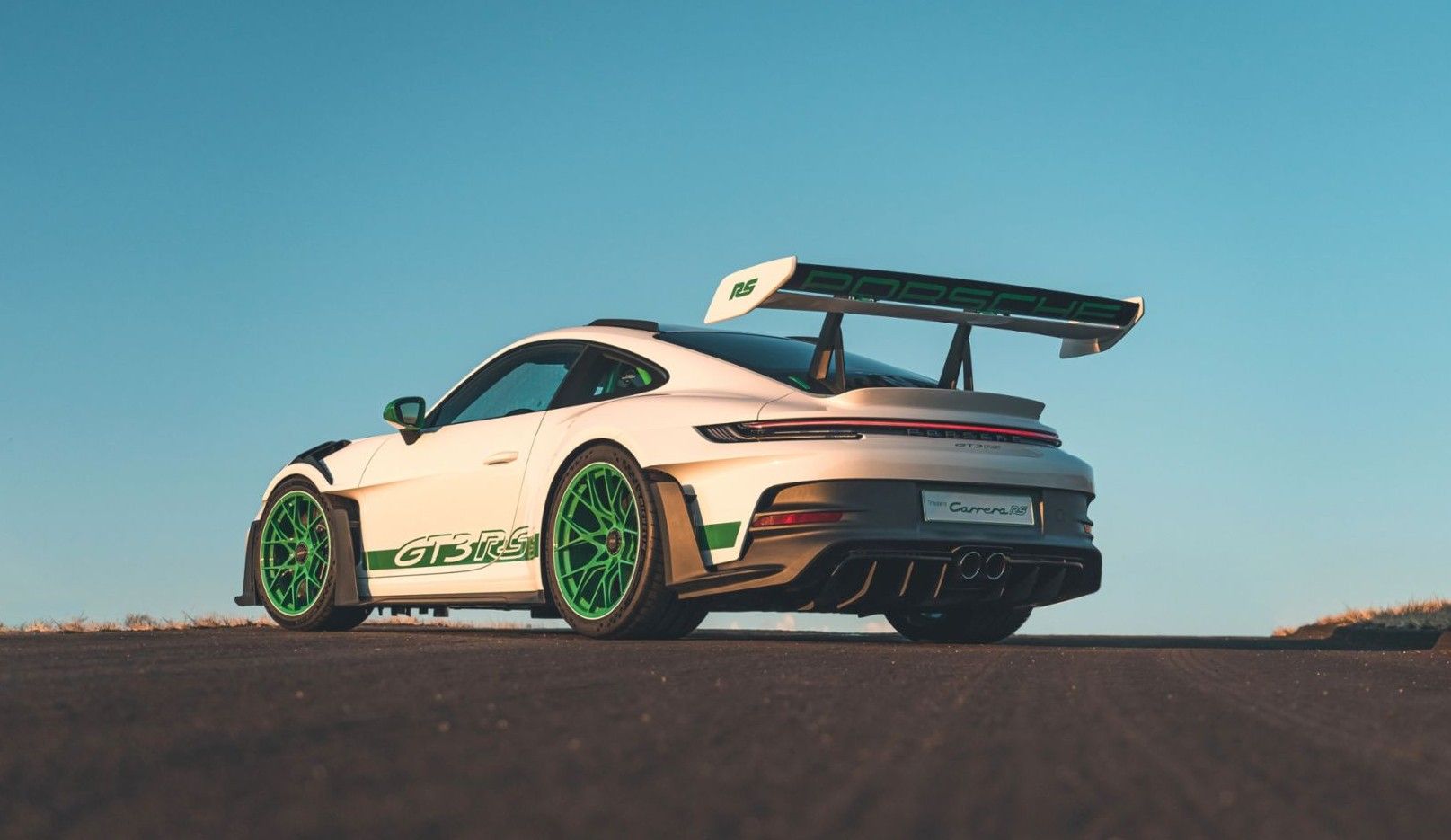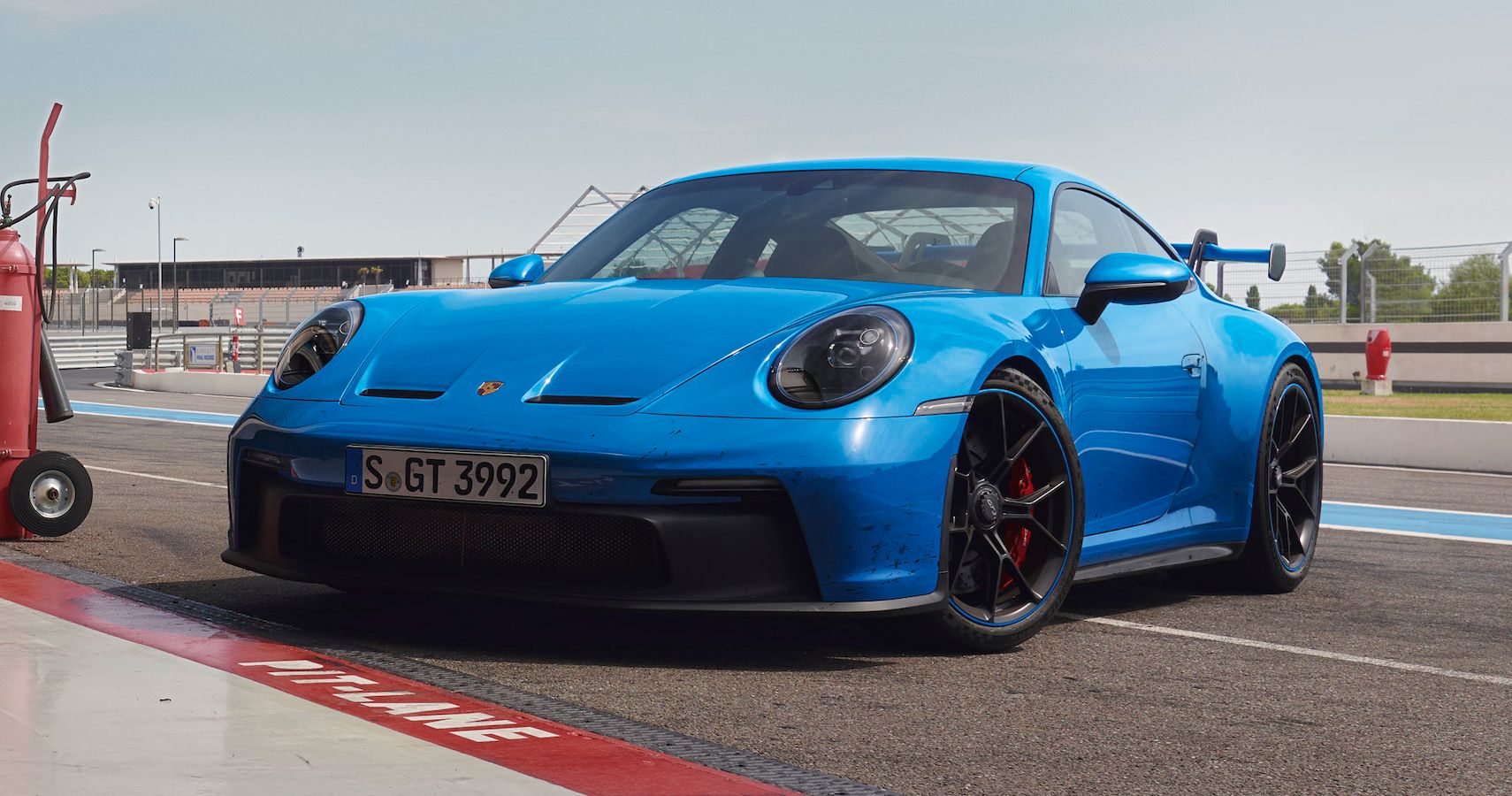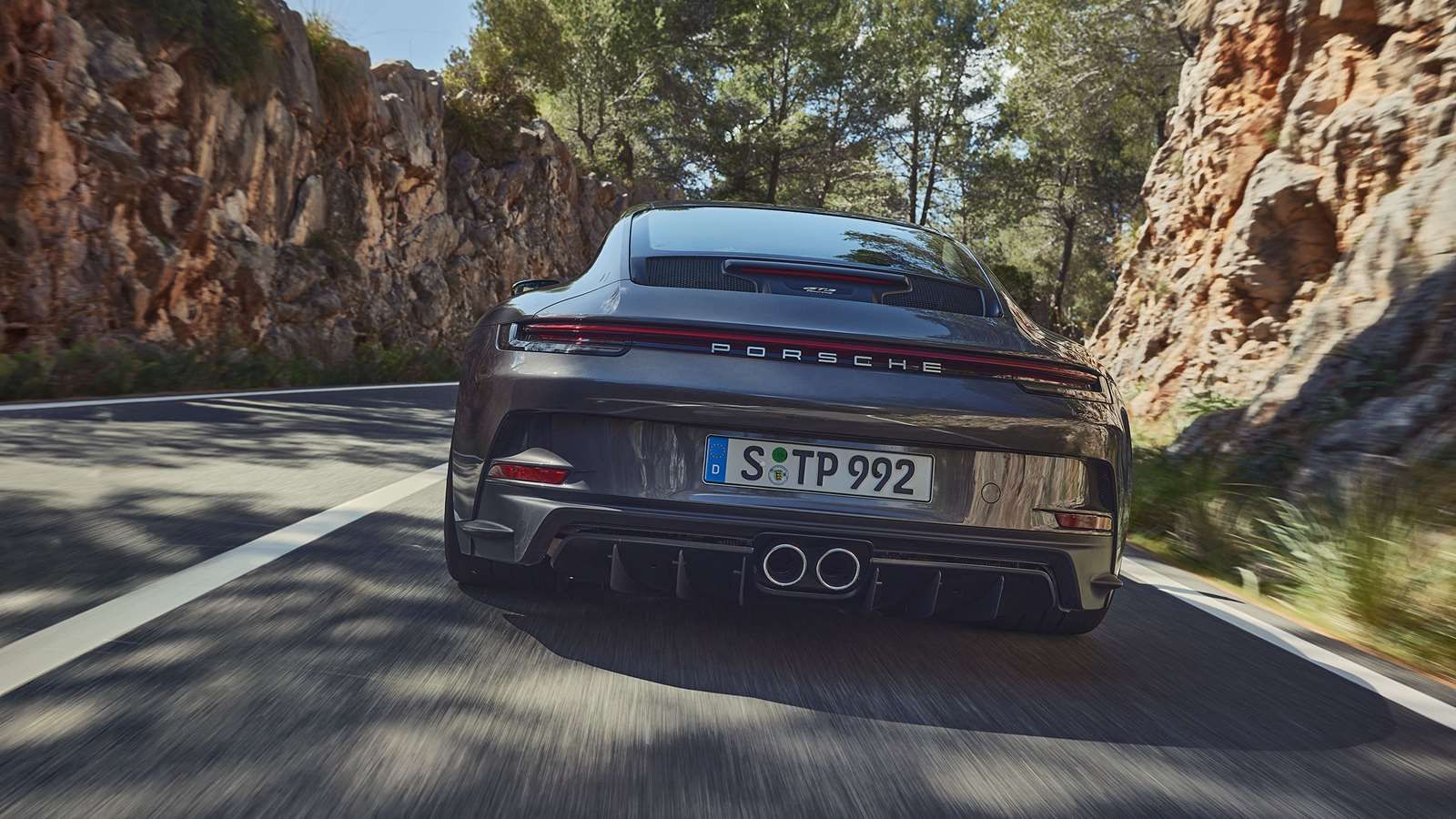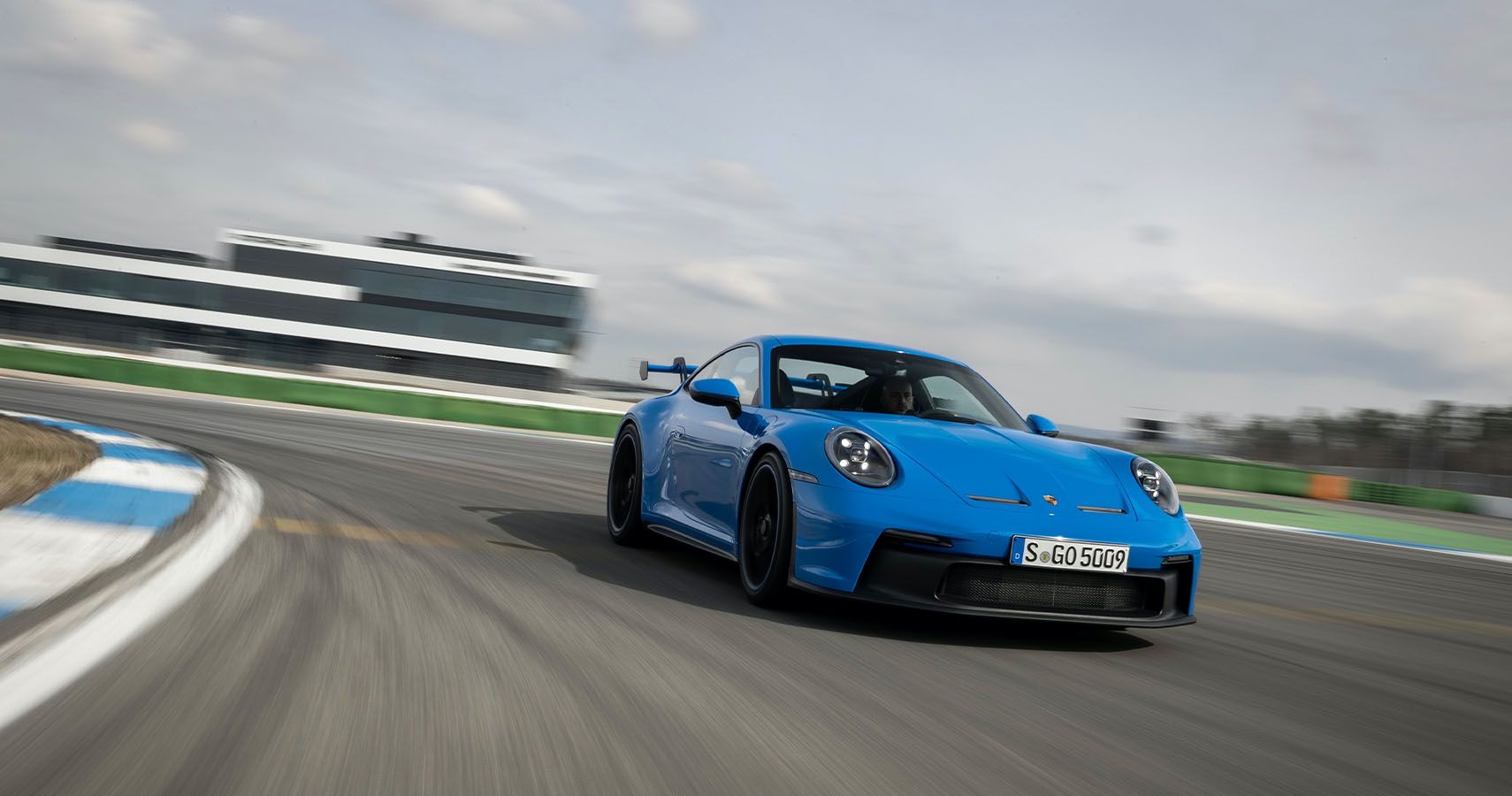It’s always a dream for anyone who’s anyone to get their hands on a sweet set of wheels. As you grow older and presumably, richer, your tastes regarding cars tend to evolve and become finer. If you’re not the type that’s always behind the latest and greatest, your likes and dislikes are largely dictated by genuine desire rather than greed or vanity.
That’s probably why Ferrari had to selectively invite clients when they announced the LaFerrari. Remember you have to build a relationship with Ferrari before you’re allowed to buy some of the more exclusive items. The LaFerrari was limited to 499 units, and all of them were pre-ordered before the reveal.
Porsche, on the other hand, isn’t as stubborn as Ferrari, but if you thought you could buy into some of the rare and exclusive Porsche models, you’re thoroughly mistaken. It’s not as simple as walking into a store, nor is it about having the deepest pocket.
At the end of the day, Porsches—especially the GT products—are quite an engineering feat, with demand usually on the higher side. Ask anyone who tried ordering a Porsche GT car, and they'll tell you how difficult it is to get an allocation and that it was never about the money. But then, how exactly does the allocation process work? Well, let’s find out.
How Does Porsche’s Allocation Process Work?
It all really depends on supply and demand. You see, in the last few years, supply has taken a serious hit, owing to COVID-19 and a plethora of other problems ranging from chip shortages to international warfare. Ideally, exotic car dealerships are allocated a certain number of cars, depending on how “big” they are in terms of sales numbers, i.e., larger dealer groups that sell in higher volumes will get a bigger pool of cars.
In the case of Porsche, dealerships are often allocated a selection of 911s, with the bulk of the items being the base Carrera and Carrera S. Also in the mix are a few 911 Turbos and specials like the GT cars, including GT3, GT3RS, and the GT2RS. So if the dealership is among the largest in the country, the chances of them getting more cars, a.k.a., more GT allocations, are high.
Tom from Jalopnik shares his experience in getting exclusive Porsche allocations. According to him, your best way into GT3 ownership is to have previously bought one. Dealers that get GT3s will prioritize their local clients that are either current GT series owners or high-value customers that own Carrera GTs or 918 Spyders.
Ferrari has a similar practice where allocations of limited-run models are based on your loyalty to the brand. Another way to get into the allocation books is to have purchased or leased multiple cars from the said dealership. If neither of those apply, the likelihood of an allocation is pretty slim. However, that’s not to say they’ll turn you down. No, but they will put you on a waiting list.
Does Being On A Waitlist Increase the Odds of An Allocation?
It depends. Say you got a spot on the waitlist for a Porsche 911 GT3. If you are number ten on the list and the dealership is only getting four or five cars for the year, don’t get your hopes up, says Tom. He also adds that it’s worthwhile getting on several dealers’ waitlists in case someone drops out of their order and an opportunity arises.
Also, it’s worth noting that while the customer won’t get this year’s allotments, being on the list increases their chances of an allocation for cars made the following year. Last point worth mentioning is the Porsche factory management’s involvement, asking dealerships to explain why a particular customer should be given the GT series allotment. That said, the Porsche experience is certainly not as bad as getting an allocation for a limited-run Ferrari.
What If I’m Willing To Pay The Markup?
This one’s a bit different. Although Porsche doesn’t entertain this practice, some dealerships charge a premium over the car’s MSRP, favoring quick profits over repeat business. The markups can range depending on the model, but premiums of $50,000 and up are not uncommon. This is apparent not just on Porsches but other makes like Ford Broncos and Chevy Corvettes in 2022.
The problem, however, is that even if you pay the insane markup, the chances of a GT series allotment are still not guaranteed. Some dealerships (not all, mind you) force customers to buy a less desirable model and then sell it back to them for an allocation on something like a GT3 or a 488 Pista. Porsche corporate, however, is not happy with such activities. Not so sure about Ferrari, though. But if you’re not willing to put up with all this, there’s always the option of buying pre-owned.
Sources: Jalopnik

.jpg)



